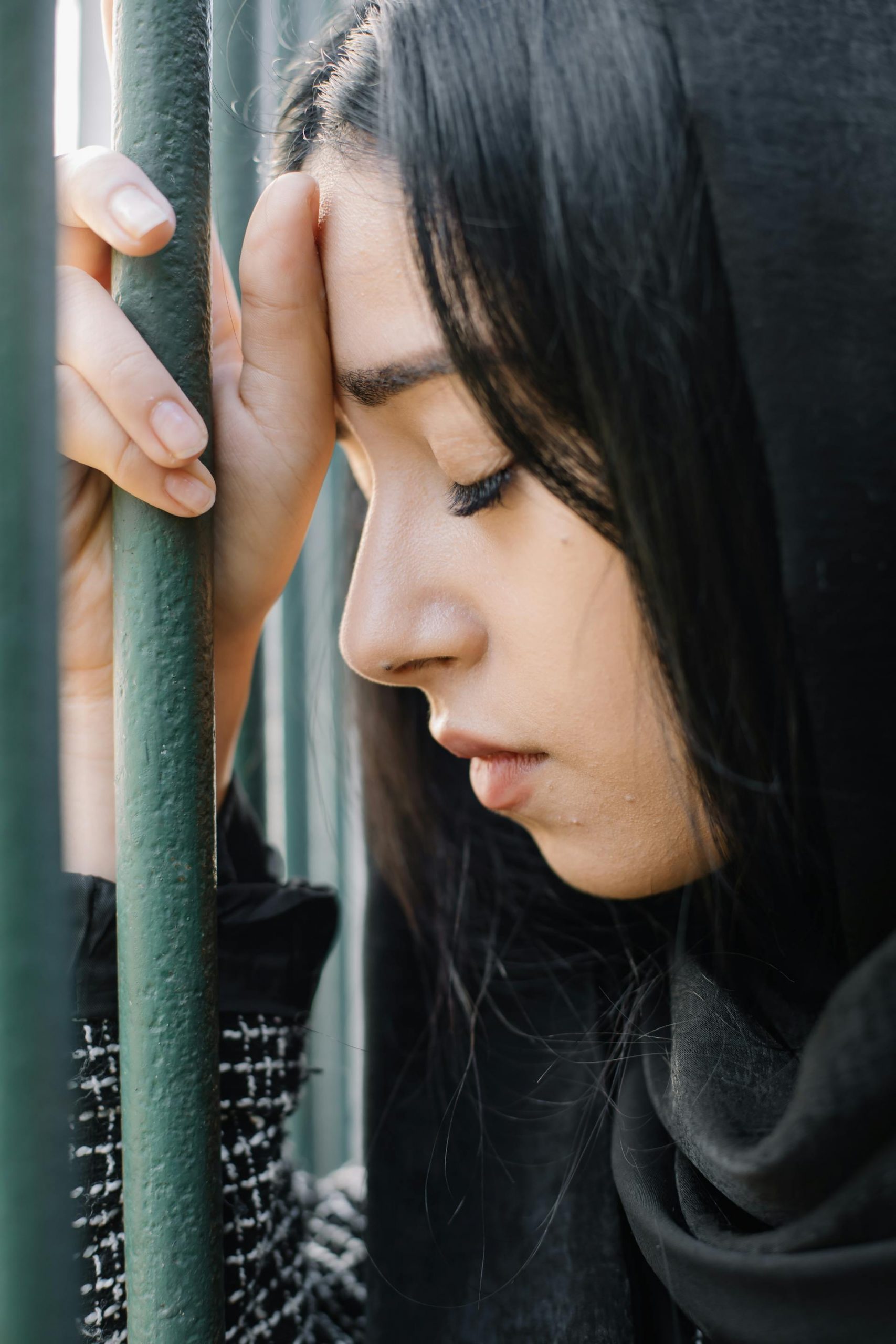
Clinical Depression Is More Than Just Feeling Sad
Depression is one of the most common mental health issues facing us today. Some people may feel generally miserable or unhappy without really knowing why. Depression can be caused by a variety of factors, including genetics, brain chemistry, stressful life events, and medical conditions. Women are more often diagnosed with clinical depression than men, and depression among adolescents is currently on the rise. Recent research has shown that people in the LGBT community are up to 4 times more likely to experience depression than their heterosexual counterparts.
For many people with depression, symptoms usually are stressful enough to cause noticeable problems in daily activities, such as work, school, social activities or relationships with others. This is different from regular mood changes and feelings about everyday life. Depressive episodes last most of the day, nearly every day, for at least two weeks.
If left untreated, depression can be devastating for those who have it and for their families. Some will only experience one depressive episode in a lifetime, but for most, depressive symptoms will relapse. Without treatment, episodes may last a few months to several years which can lead to an inability to have healthy relationships and productive work lives. Depression may require long-term treatment. But don’t get discouraged. Most people with depression feel better with medication, psychotherapy or both.
Common Signs And Symptoms Of Depression
Women are almost twice as likely as men to have symptoms of depression. Not every woman experiences the same symptoms. Depression can be successfully treated. It can interfere with daily activities and significantly impact a person’s quality of life.
Men are more likely to be aware of the physical symptoms of depression than the emotional signs. They may also be less likely to recognize the signs of depression, or deny their feelings.

Here Is A List Of Common Symptoms:
* Feelings of sadness, tearfulness, emptiness or hopelessness.
* Angry outbursts, irritability or frustration, even over small matters.
* Loss of interest or pleasure in most or all normal activities, such as sex, hobbies or sports.
* Sleep disturbances, including insomnia or sleeping too much
* Trouble thinking, concentrating, making decisions and remembering things.
* Tiredness and lack of energy, so even small tasks take extra effort.
* Reduced appetite and weight loss or increased cravings for food and weight gain.
* Anxiety, agitation or restlessness.
* Slowed thinking, speaking or body movements.
* Feelings of worthlessness or guilt, fixating on past failures or self-blame.
* Trouble thinking, concentrating, making decisions and remembering things.
* Frequent or recurrent thoughts of death, suicidal thoughts, suicide attempts or suicide.
Common signs and symptoms of depression in children and teenagers are similar to those of adults, but there can be some differences.
In younger children, symptoms of depression may include sadness, irritability, clinginess, worry, aches and pains, refusing to go to school, or being underweight.
In teens, symptoms may include sadness, irritability, feeling negative and worthless, anger, poor performance or poor attendance at school, feeling misunderstood and extremely sensitive, using recreational drugs or alcohol, eating or sleeping too much, self-harm, loss of interest in normal activities, and avoidance of social interaction.
If you are feeling down for more than two weeks or are concerned that you may be depressed, seek help and talk to your doctor. If you have feelings of self-harm please call or text 988.
